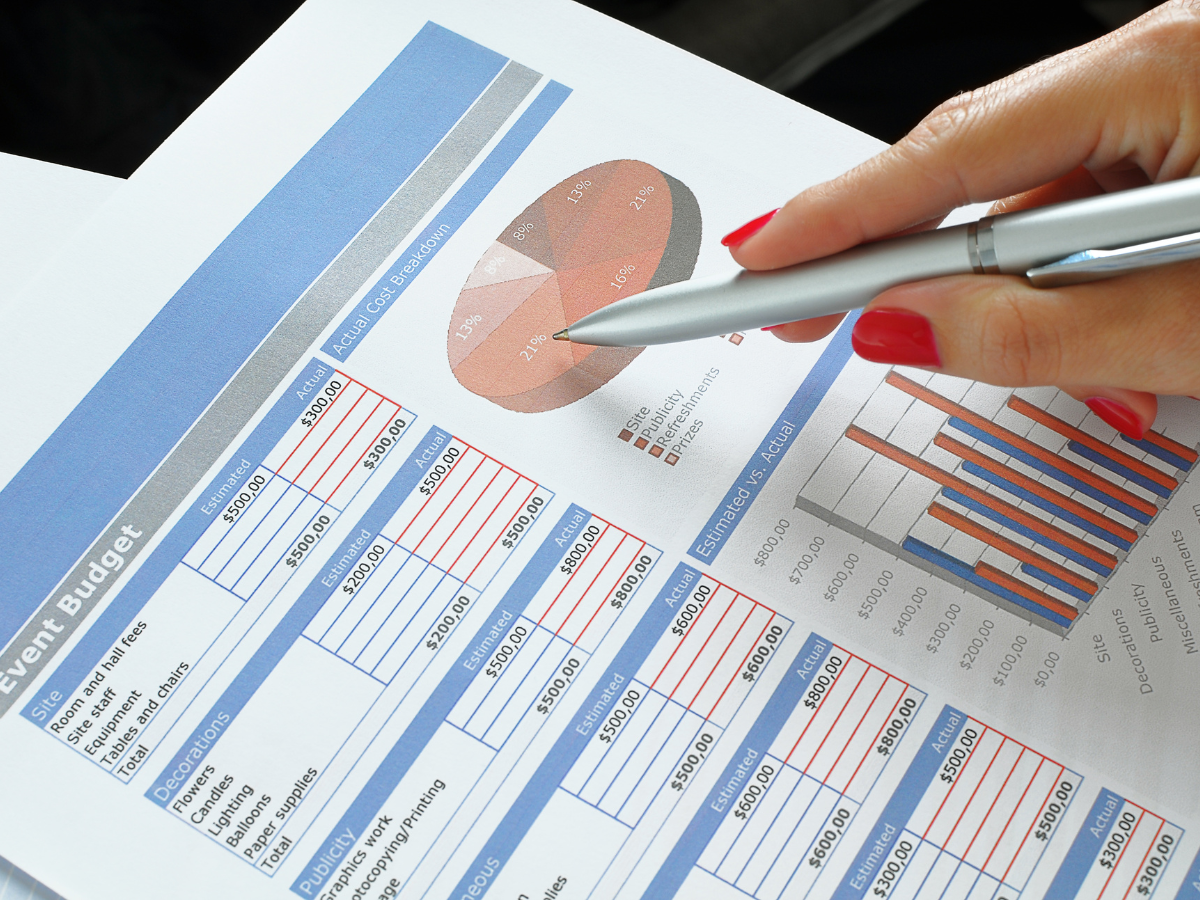Introduction
Event budgeting is the process of estimating and tracking the costs associated with an event. It is an essential step in event planning, as it helps to ensure that the event stays on budget and that there are no surprises when it comes to expenses.
A well-crafted event budget will include all of the potential costs associated with the event, from venue rental to catering to entertainment. It is important to be as accurate as possible when estimating costs, as even small underestimates can add up to big problems down the road.
In this guide, we will discuss the basics of event budgeting, including how to create a budget, how to track expenses, and how to avoid budget overruns. We will also provide some tips for budgeting for specific types of events, such as conferences, trade shows, and weddings.
Creating an Event Budget
The first step in creating an event budget is to identify all of the potential costs associated with the event. This may seem like a daunting task, but it is important to be as thorough as possible. Here are some of the things to consider when creating an event budget:
- Venue rental: The cost of renting a venue will vary depending on the size and location of the venue.
- Catering: The cost of catering will depend on the number of guests, the type of food being served, and the location of the event.
- Entertainment: The cost of entertainment will vary depending on the type of entertainment being provided, the number of performers, and the length of the performance.
- Staffing: The cost of staffing will depend on the number of staff members needed, their job titles, and their experience level.
- Marketing and promotion: The cost of marketing and promotion will depend on the channels being used, the reach of the campaign, and the creative materials being produced.
- Logistics: The cost of logistics will depend on the transportation needs of the event, the number of vendors involved, and the security requirements.
- Miscellaneous expenses: There are always a few miscellaneous expenses that come up with any event. Be sure to factor in some money for things like unexpected travel costs, equipment rentals, and printing costs.
Once you have identified all of the potential costs, you can start to estimate how much each item will cost. This may require some research and negotiation with vendors. Once you have estimated the costs of all of the items, you can add them up to get a total budget for the event.
Tracking Expenses
Once you have created a budget, it is important to track expenses so that you can stay on track. This can be done by using a spreadsheet or a budgeting software program. Be sure to track all expenses, even small ones. This will help you to identify any areas where costs are running over budget.
If you notice that costs are running over budget, you may need to make some adjustments to the event plan. This could involve reducing the number of guests, cutting back on entertainment, or finding a less expensive venue. It is important to make adjustments early on, so that you don’t end up with a huge budget overrun at the end of the event.
Avoiding Budget Overruns
The best way to avoid budget overruns is to be as accurate as possible when estimating costs and to track expenses closely. However, there are a few other things you can do to help prevent budget overruns:
- Get quotes from multiple vendors: When you are estimating costs, be sure to get quotes from multiple vendors. This will help you to get the best possible price.
- Negotiate with vendors: Once you have received quotes from vendors, be sure to negotiate with them to get a lower price.
- Be flexible with your date and time: If you are flexible with your date and time, you may be able to get a better price on venue rental or catering.
- Consider using a budget management service: There are a number of budget management services that can help you to create and track your event budget. These services can save you time and hassle, and they can help you to avoid budget overruns.
Conclusion
Event budgeting is an essential step in event planning. By following the tips in this guide, you can create a budget that will help you to stay on track and avoid budget overruns. This will ensure that your event is a success, both financially and operationally.
Here are some additional tips for event budgeting:
- Start budgeting early: The earlier you start budgeting, the more time you will have to research costs and negotiate with vendors.
- Be realistic about your budget: It is important to be realistic about your budget and not to overspend.
- Be flexible with your budget: Things don’t always go according to plan, so it
